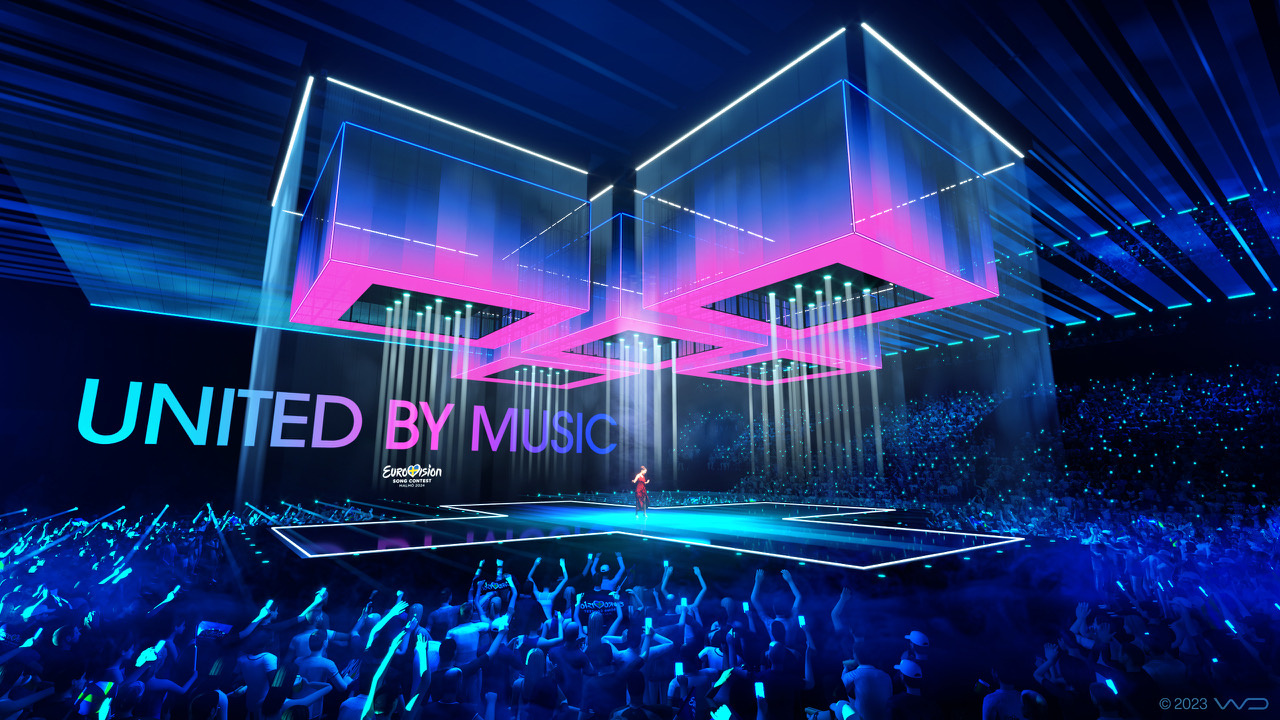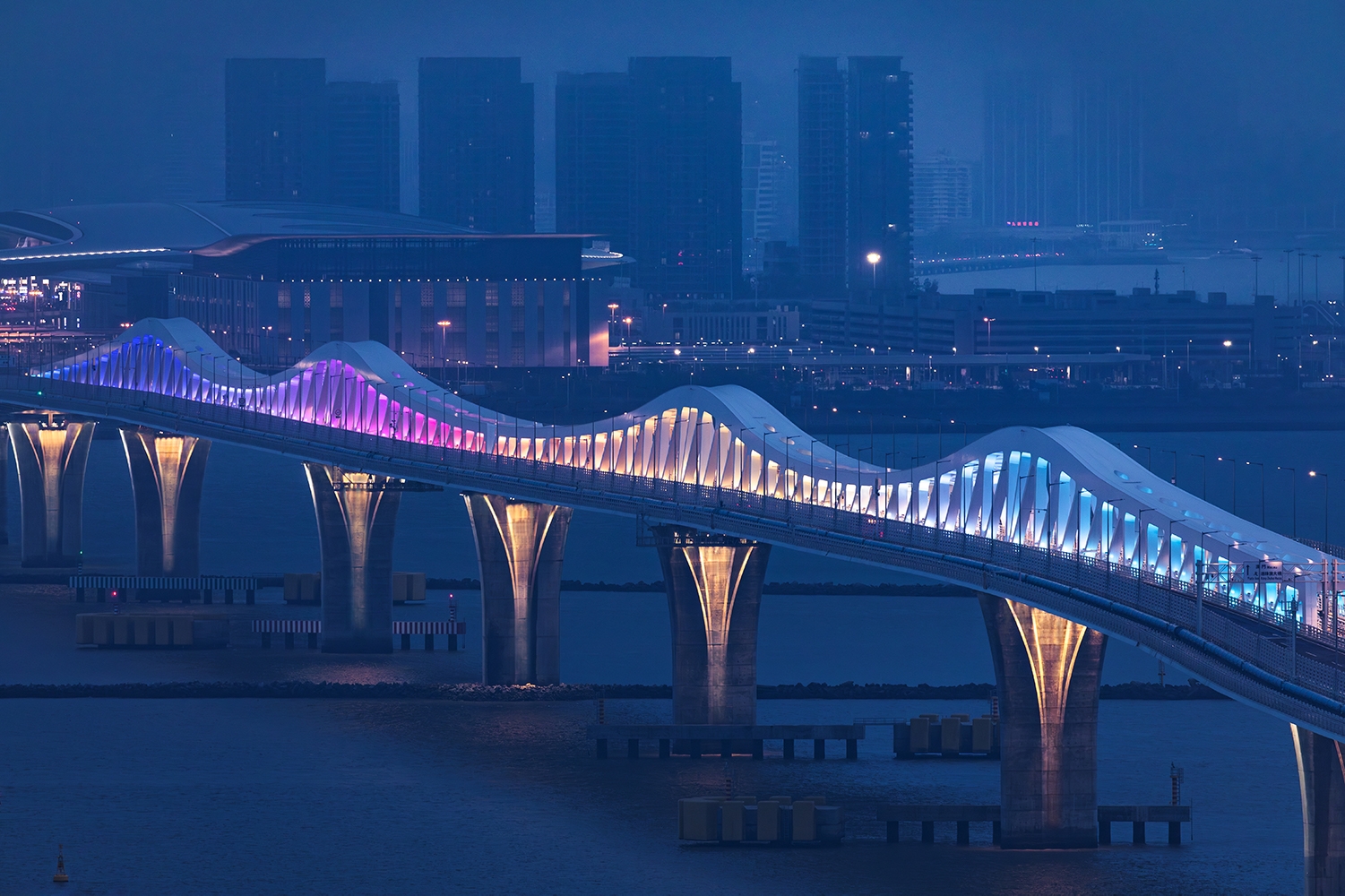Header: Eurovision Song Contest 2024
It’s that time of the year again when music is celebrated across Europe: the Eurovision Song Contest, which has been part of Europeans’ lives since 1956, will take place in the Malmö Arena on Saturday 11 May with Semi-Finals on Tuesday 7 and Thursday 9 May. In this international television broadcast, almost all European countries’ cultures and languages are shared in a spectacle of light and sound (Australia and Israel are also participants in this show, but this is a conversation for another day).
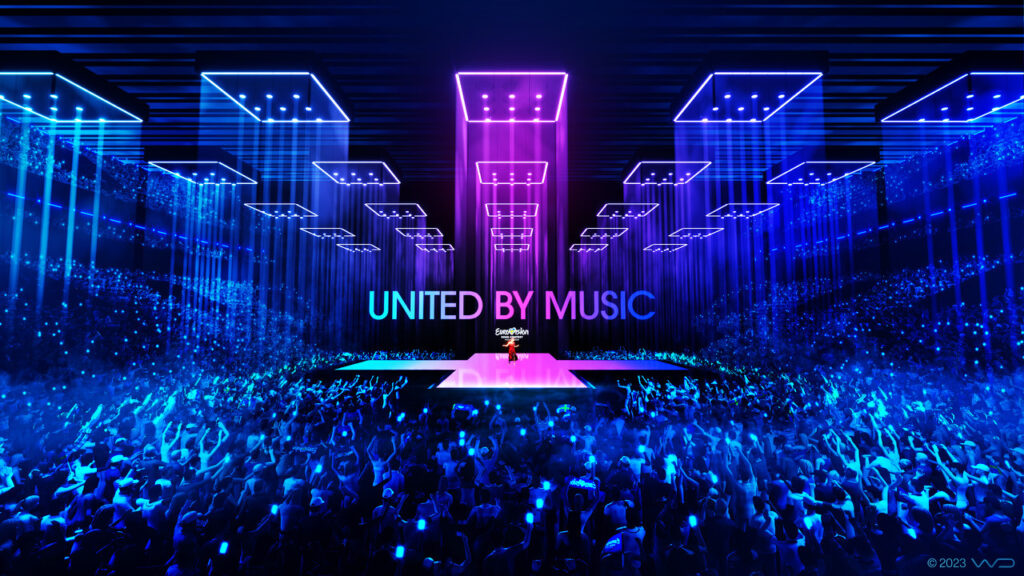
The committee responsible for the organisation of this spectacle has already shared juicy details about the stage and lighting design. Movable LED cubes, LED floors, light, video, and stage technology will be combined to create dynamic and customisable-to-the-brim variations in the arena.
“We have not seen anything like this before at Eurovision, and the concept gives us endless opportunities to create unique spaces and expressions for both the competing artists and the opening and interval acts.”
Ebba Adielsson, Executive Producer
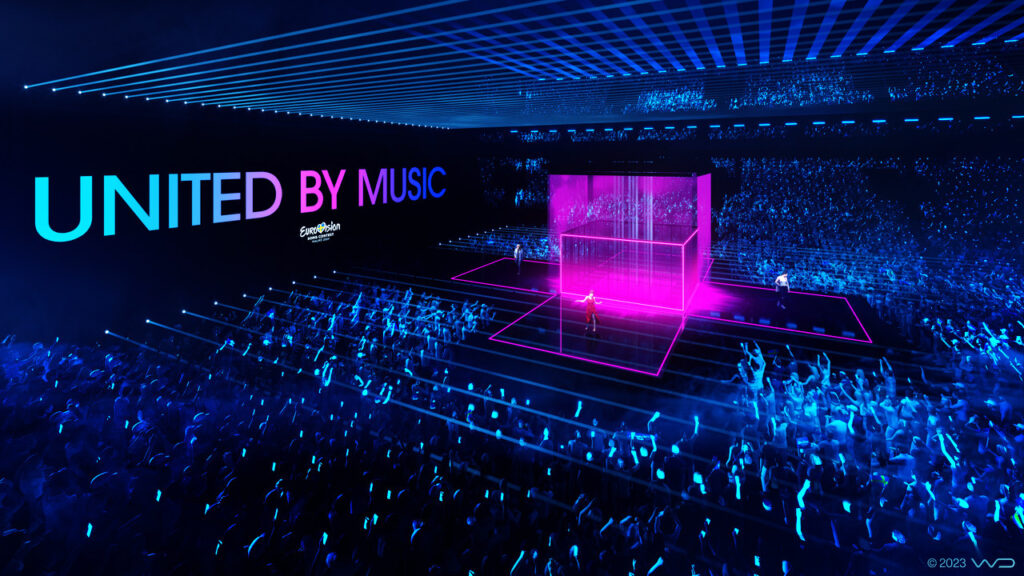
A 360-degree experience
The stage is placed right in the middle of the audience, in a cross-like shape, giving people a 360-degree experience where lighting design, music, and performances are not just seen and heard but felt. Above the stage, the committee decided to place an enormous installation of video and light to support the artists in their performances. Lighting design takes on an important role in this contest since it not only is a show on its own but also helps convey the messages the music is trying to pass on to the audience.
The unique set of elements on the stage allows lighting and production designers to have almost total creative freedom when it comes to creating the perfect lighting work for each performance. This freedom can not only be used to better entertain the live audience but also to bring some magic into the homes of those who are following the contest from afar.
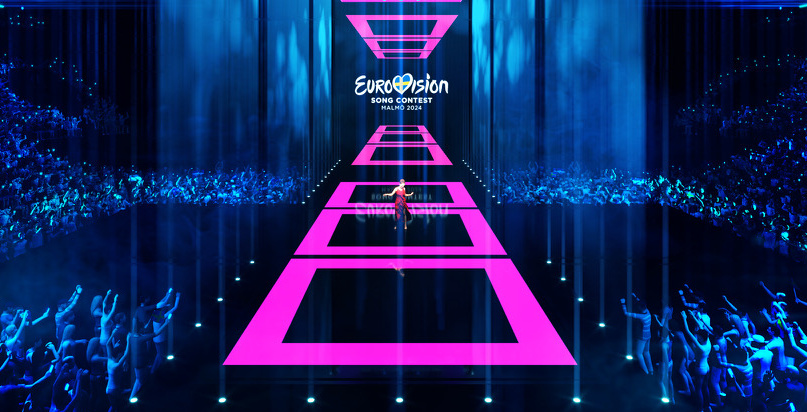
The creative minds behind the organisation
The names behind the concept are Florian Wieder, a production designer who has worked in the Eurovision Song Contest seven times since 2011 and is no stranger to the entertainment industry, and Fredrik Stormby, the contest’s light and screen content designer with more than 25 years of experience on concerts and television productions.
Florian Wieder shared his thoughts on the concept:
“Putting together an exceptional show is a team effort, and I’m proud to be part of a dream team of professionals—just the right constellation of people to come up with something different and new. We all have the same vision of what this show should be and how to take Eurovision to the next level, and for me, Sweden is always a guarantor of good music and entertainment.”
Fredrik Stormby also went on to say:
“I am honoured to have been commissioned to design the light and video in collaboration with the team from our studio and the production team that SVT has put into place for the project. We’ve developed a strong concept together, and I’m really looking forward to the continued collaboration in production, the creative process with the delegations, and eventually getting my teeth into the show and doing the broadcasts!”






